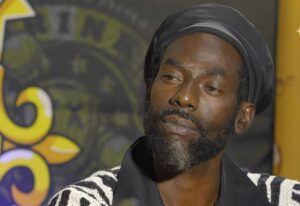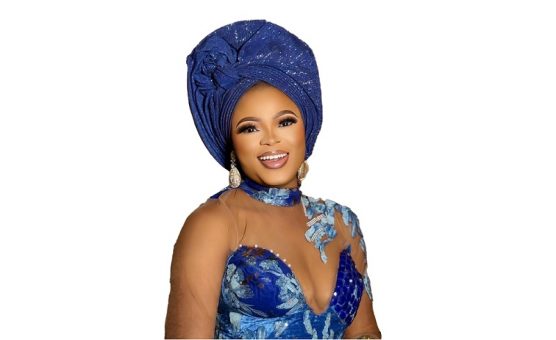Buju Banton Accuses Afrobeats of Stealing from Dancehall Without Respect
Written by MAX FM on August 12, 2024
Afrobeats, led by Nigerian artists, has been making waves worldwide, with musicians winning international awards, collaborating with global stars, and breaking records with their concerts. Despite this success, Buju Banton expressed some reservations about the genre.
Jamaican dancehall icon Buju Banton recently weighed in on the global rise of Afrobeats, sharing his thoughts on its impact and connection to the continent’s struggles.
In a recent interview, Banton critiqued Afrobeats for lacking the deep, meaningful impact that characterized the music of earlier African legends.
He noted that while Afrobeats is enjoying global acclaim, it does not capture or reflect the political and social struggles of Africa as older artists such as Fela Kuti, Salif Keita, and Youssou N’Dour did with their music. Buju Banton highlighted that Afrobeats, unlike Reggae, does not address Africa’s current issues, including ongoing political protests and societal challenges.
Buju Banton highlighted that Afrobeats, unlike Reggae, does not address Africa’s current issues, including ongoing political protests and societal challenges.
He believes that Reggae music, which documents various aspects of life, offers more social and political commentary compared to the upbeat and celebratory nature of Afrobeats.
Additionally, Banton talked about how Afrobeats and Latin American Reggaeton, inspired by Reggae and Dancehall, have shifted away from their Caribbean roots.
He criticized Afrobeats for not collaborating with Jamaican artists, even though the genre draws inspiration from Dancehall and Reggae. Instead, Afrobeats stars often collaborate with artists from other parts of the world.
Buju Banton’s comments have sparked a lively debate on social media. Some have challenged his view that Afrobeats lacks conscious music and questioned his claims about the absence of Jamaican collaborations.
Fans and critics alike are engaging in discussions about the genre’s evolution and its relationship with its Caribbean roots.
As Afrobeats continues to dominate the global music scene, Buju Banton’s perspective adds an interesting layer to the conversation about its cultural and musical impact.






